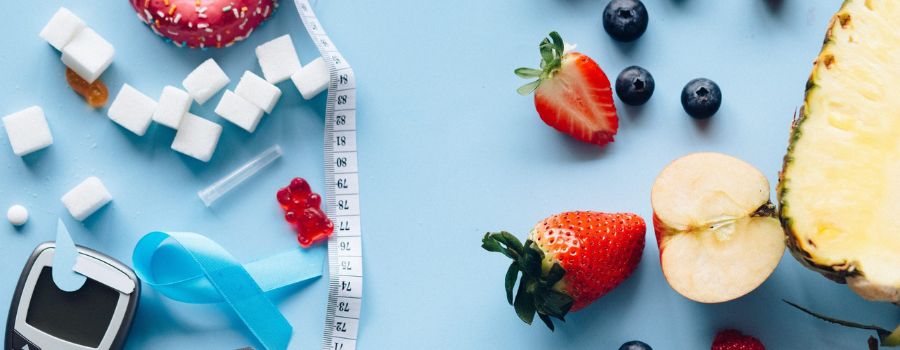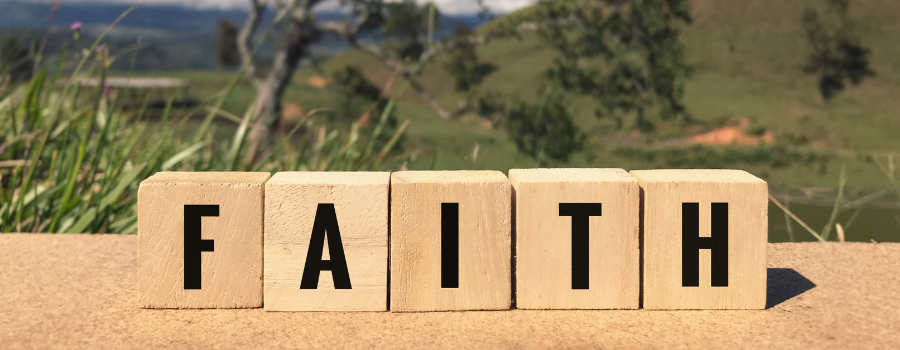Obesity is a problem that reduces our body’s ability to use insulin to properly control blood sugar levels.
With this, there is a great possibility that overweight people are part of the diabetic group.
Most of the glucose in your body comes from the food you eat.
When food is digested, sugar enters the bloodstream.
Insulin allows sugar to enter cells – and lowers the amount of sugar in the blood.
Insulin is produced by a gland located behind the stomach called the pancreas.
Your pancreas sends insulin into your blood when you eat.
When the blood sugar level starts to drop, the pancreas slows down the secretion of insulin into the blood.
When you have pre-diabetes, this process doesn’t work as well.
As a result, instead of feeding the cells, sugar builds up in the bloodstream.
This can happen because your pancreas may not produce enough insulin and your cells become resistant to insulin.
A diagnosis of prediabetes means that the blood sugar level is above normal, but not at a level that makes you diabetic.
If you are overweight, consider yourself obese and want to prevent the diagnosis of pre-diabetes or diabetes, there are some measures that can help you in this process:
-
- Get tested frequently and if you are positive for pre-diabetes or diabetes, see a doctor;
- Maintain a healthy diet by eliminating carbohydrates such as bread, cakes, pies, pasta, sweets and soda;
- Practice physical exercises daily.
Pre-diabetes symptoms:
Pre-diabetes has no symptoms, but if you start to have any of the symptoms of type 2 diabetes, it means you’ve probably already developed it.
Therefore, it’s important to know the risk factors and what support is available to help you prevent or delay type 2 diabetes. – to learn more, click here: (insert a link to another article)
Many people don’t experience any symptoms when it comes to type 2 diabetes or don’t notice them.
But watch out for these signs:
-
- Feels dry mouth and increased thirst;
- Goes to the bathroom more often, especially at night;
- You’re feeling more tired because your body can’t get enough glucose into your cells for energy.
- Itching in private parts;
- Cuts and wounds taking longer to heal;
- Blurry vision.
Please keep in mind the signs and if you are showing any of them, we recommend that you seek a medical appointment as soon as possible, as this will definitely contribute to the control and your general well-being.









